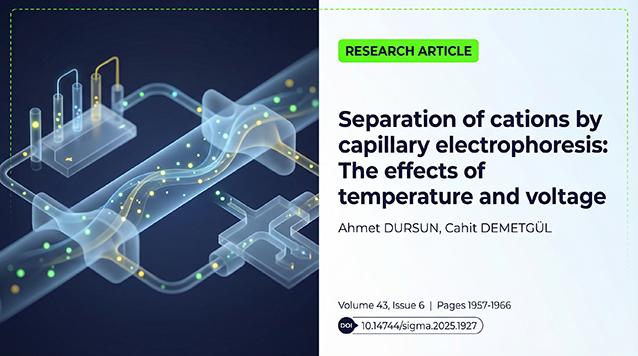Abstract
The exponential growth of electrical energy demand can be attributed to the increase in population and urbanization. A strategic approach required to tackle this pressing issue involves the integration of Internet of Things (IoT) technologies and intelligent devices within households, a key initiative being undertaken by smart cities. India has implemented Time of Day (ToD) tariffs for electricity consumption, particularly targeting industrial sectors. Nevertheless, a notable observation is the limited utilization of Time of Day (ToD) tariffs within the residential electricity sector, signaling an area with potential for improvement. To enhance the efficiency of the electricity market through responsive measures, it is crucial to expand the implementation of Time of Day (ToD) tariffs to include the residential sector as well, thereby promoting a more effective and equitable system. The core focus of the research paper centers on the optimization of load scheduling in intelligent residences, with the objective of mitigating energy expenses and diminishing peak power demand, while upholding user comfort and operational efficiency at uncompromised levels. The research investigates the comparison of various algorithms like Ant Colony Optimization Algorithm (ACO), Whale Optimization Algorithm (WOA), Particle Swarm Optimization Algorithm (PSO), and Genetic Algorithm (GA) within the framework of cost reduction using ToD tariffs, with GA emerging as the most effective in achieving savings and decreasing peak-to-average ratio (PAR). This strategic approach not only benefits residential consumers in terms of cost savings but also proves advantageous for utility providers in managing resources effectively.
















